Reduced amount of food decreases colony size and impairs body condition in female harvester ants
In the paper “Lower food intake due to domestic grazing reduces colony size and worsens the body condition of reproductive females of harvester ants” published in the Journal of Insect Conservation, Rodrigo G. Pol, Florencia Miretti, and Luis Marone tested whether reduced food consumption, particularly of carbohydrate-rich grass seed, affects Pogonomyrmex mendozanus colony size, worker survival rates, worker and reproductive individual physical conditions, and reproductive individual health. With reduced food consumption, the colonies’ size shrank significantly and the body fat levels of queens and gynes decreased. The survival and reproductive success of P. mendozanus in grazed habitats may thus be hampered by the lower colony size and deterioration of reproductive females’ physical conditions. Here, Rodrigo Pol, Florencia Miretti, and Luis Marone share some pictures behind the work of the paper.
A Photoblog contribution created by Rodrigo G. Pol, Florencia Miretti, and Luis Marone
Edited by Roberta Gibson and Sheethal Veepur
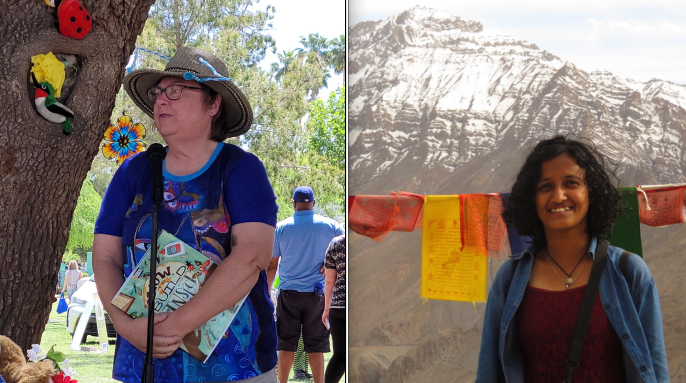
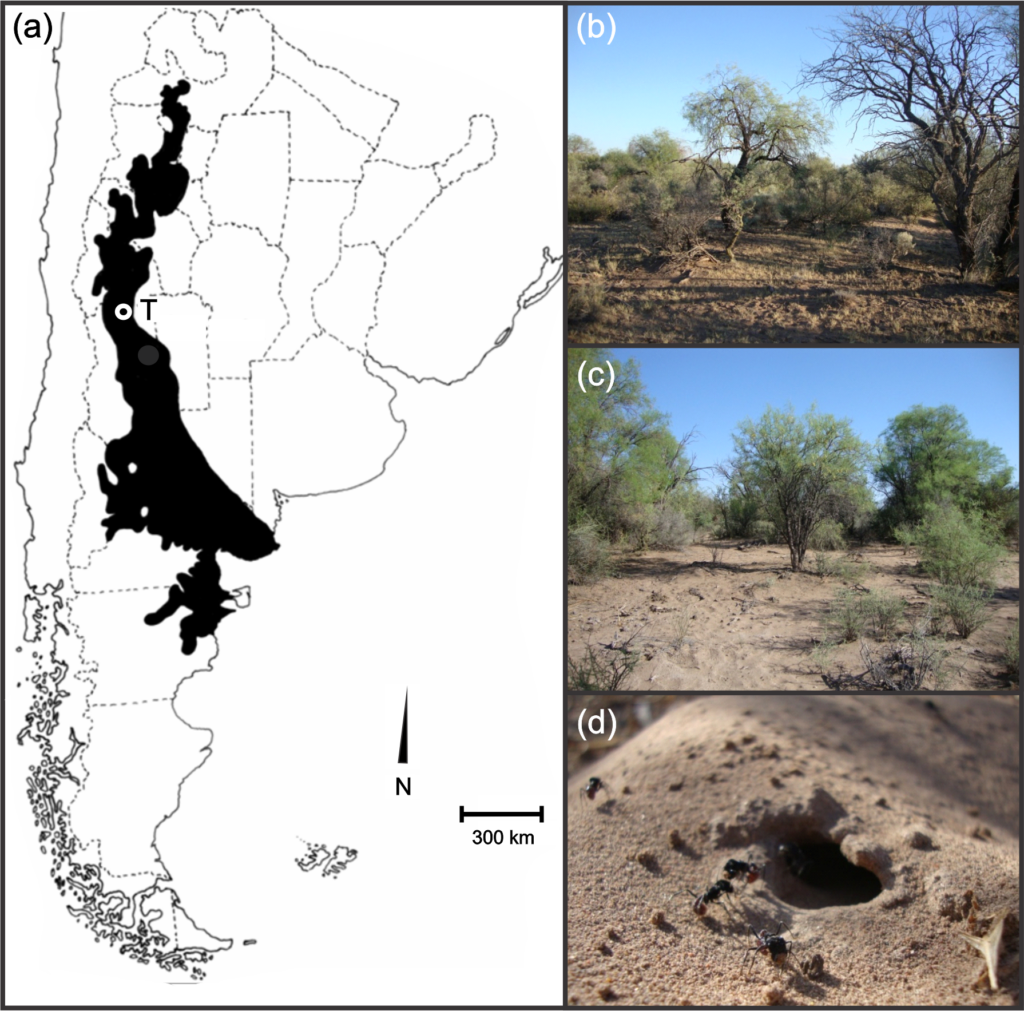
Figure 1. (a) Map showing the locality where studies were carried out, the Telteca Natural Reserve (T) in the Monte desert of Argentina (black area). Photographs show open Prosopis flexuosa woodlands subjected to (b) light and (c) heavy continuous cattle grazing. (d) Nest entrance and workers of Pogonomyrmex mendozanus in Telteca Natural Reserve.
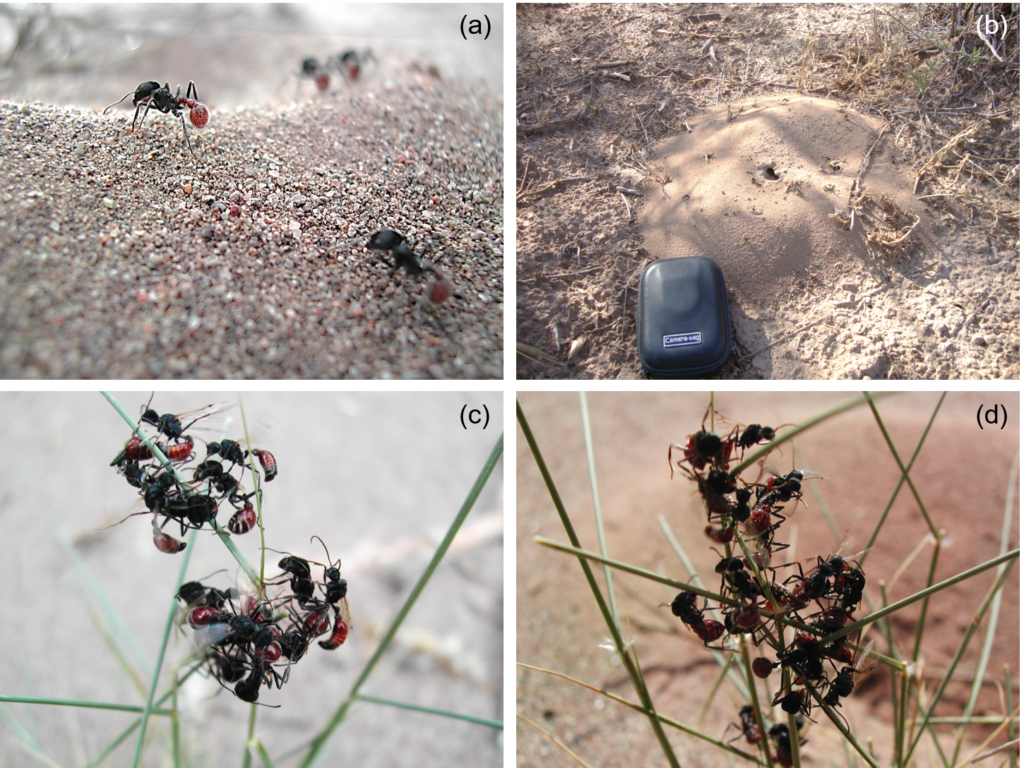
Figure 2. (a) Workers, (b) nest, and (c, d) mating aggregation of Pogonomyrmex mendozanus in the central Monte desert, Argentina. Mating involves brachypterous queens leaving their natal nest to mate at aggregations in nearby low-growing vegetation; aggregations are often small, containing approximately 20-30 individuals.
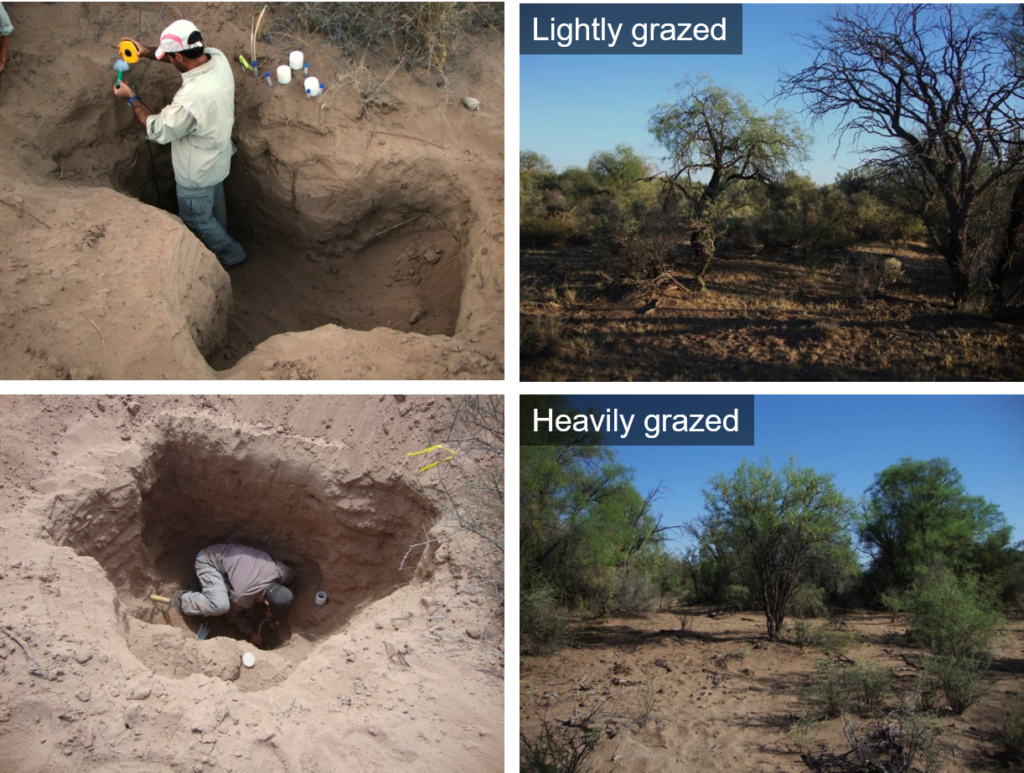
Figure 3. Rodrigo digging Pogonomyrmex mendozanus colonies in lightly and heavily grazed habitats in the Telteca Natural Reserve, Mendoza, Argentina.
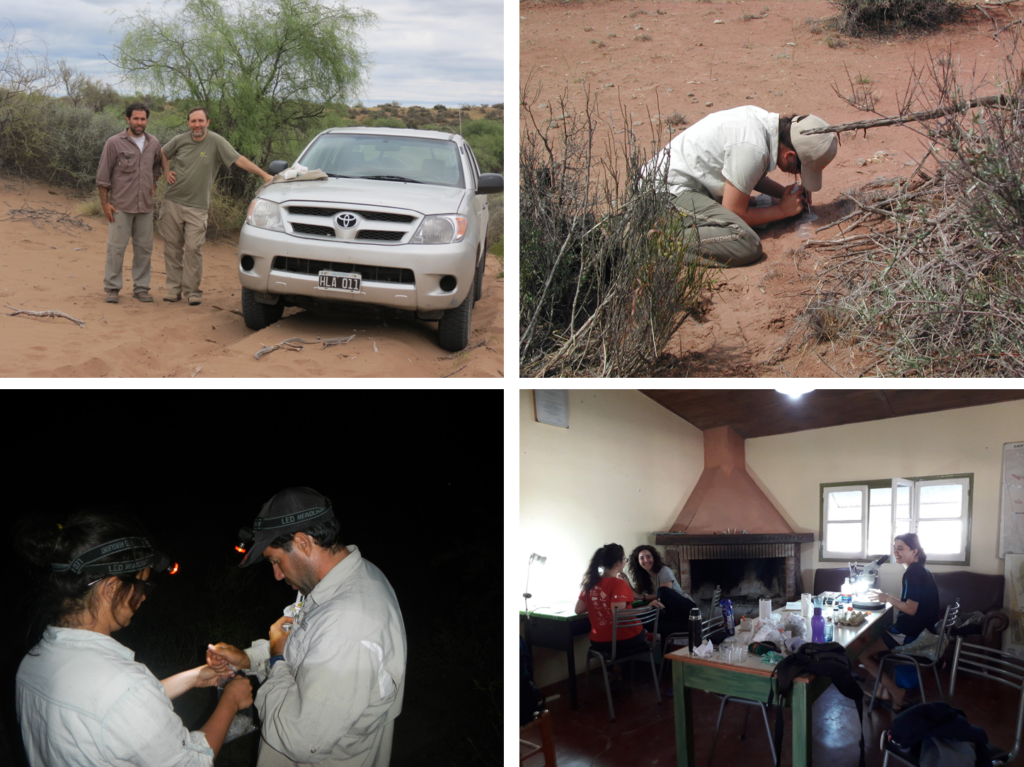
Figure 4. Field and lab work in the central Monte desert, Mendoza, Argentina.

Figure 5. ECODES (Desert Community Ecology Research Team) in the Biosphere Reserve of Ñacuñán, Mendoza, Argentina (from left to right): Javier Lopez de Casenave, Florencia Miretti, Lucía Vullo, Ana Cao, Luis Marone, and Rodrigo Pol. ECODES is a research team with two headquarters: Argentine Institute for Arid Zones Research (IADIZA) in the city of Mendoza, and the Department of Ecology, Genetics & Evolution of Faculty of Exact and Natural Sciences, University of Buenos Aires, in the city of Buenos Aires.
Video 1. Foraging workers of Pogonomyrmex mendozanus carrying food items into the nest in the central Monte desert, Argentina. Video courtesy: Ana Cao.



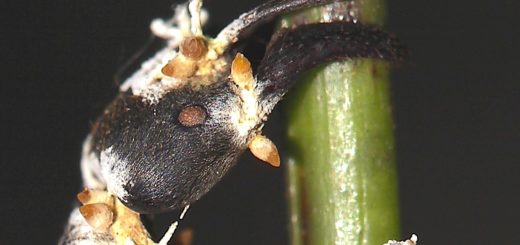

Recent Comments